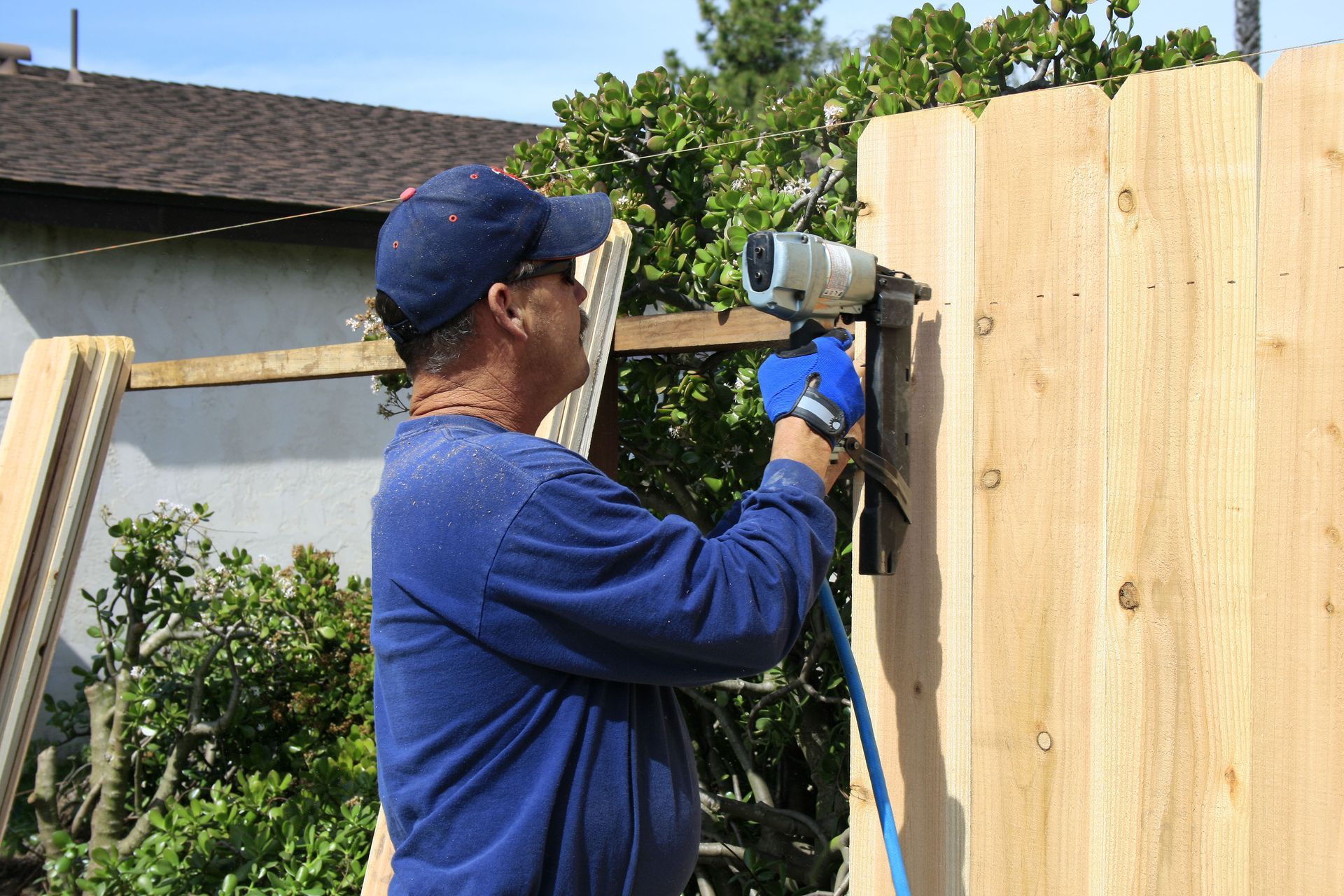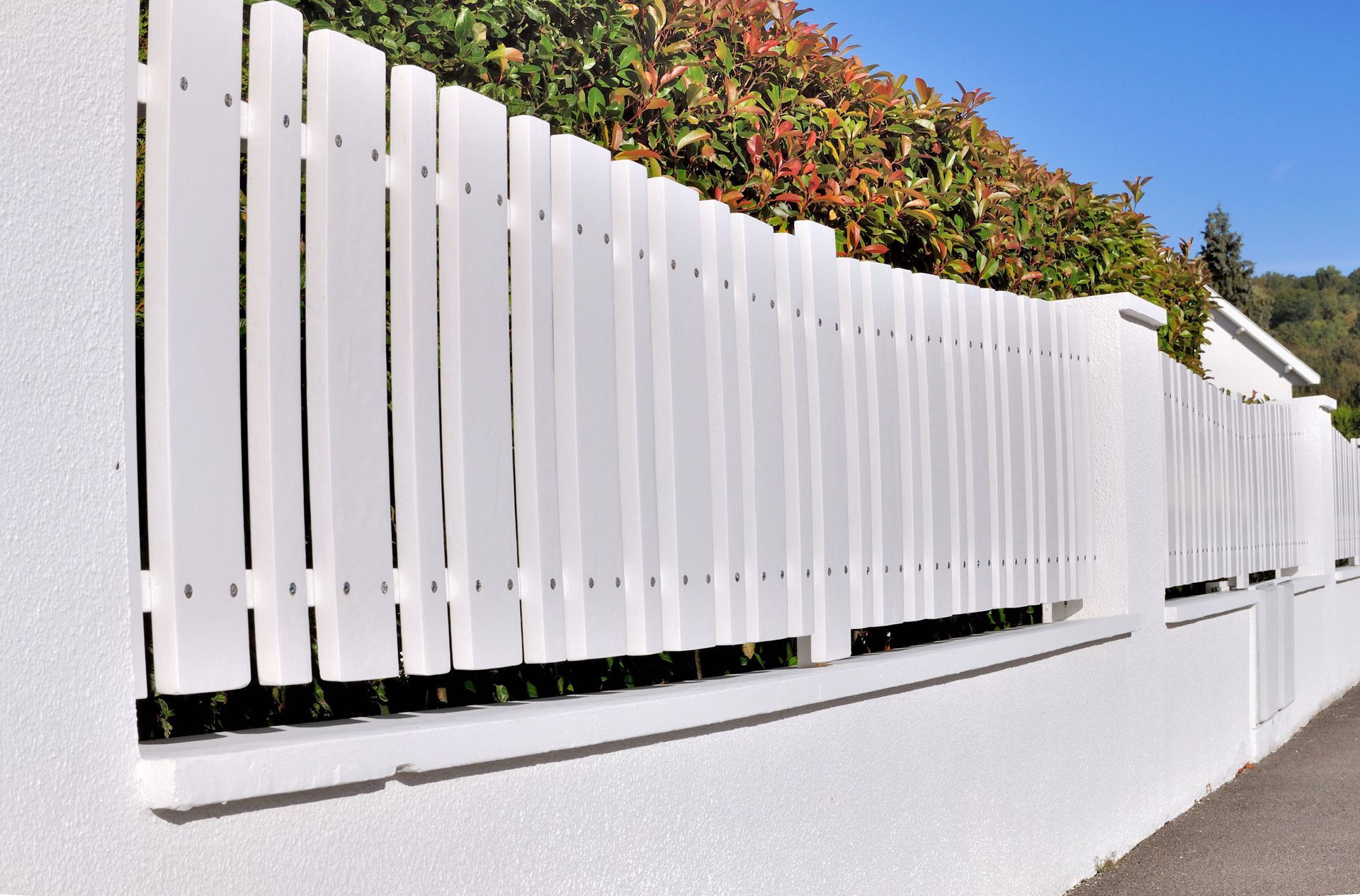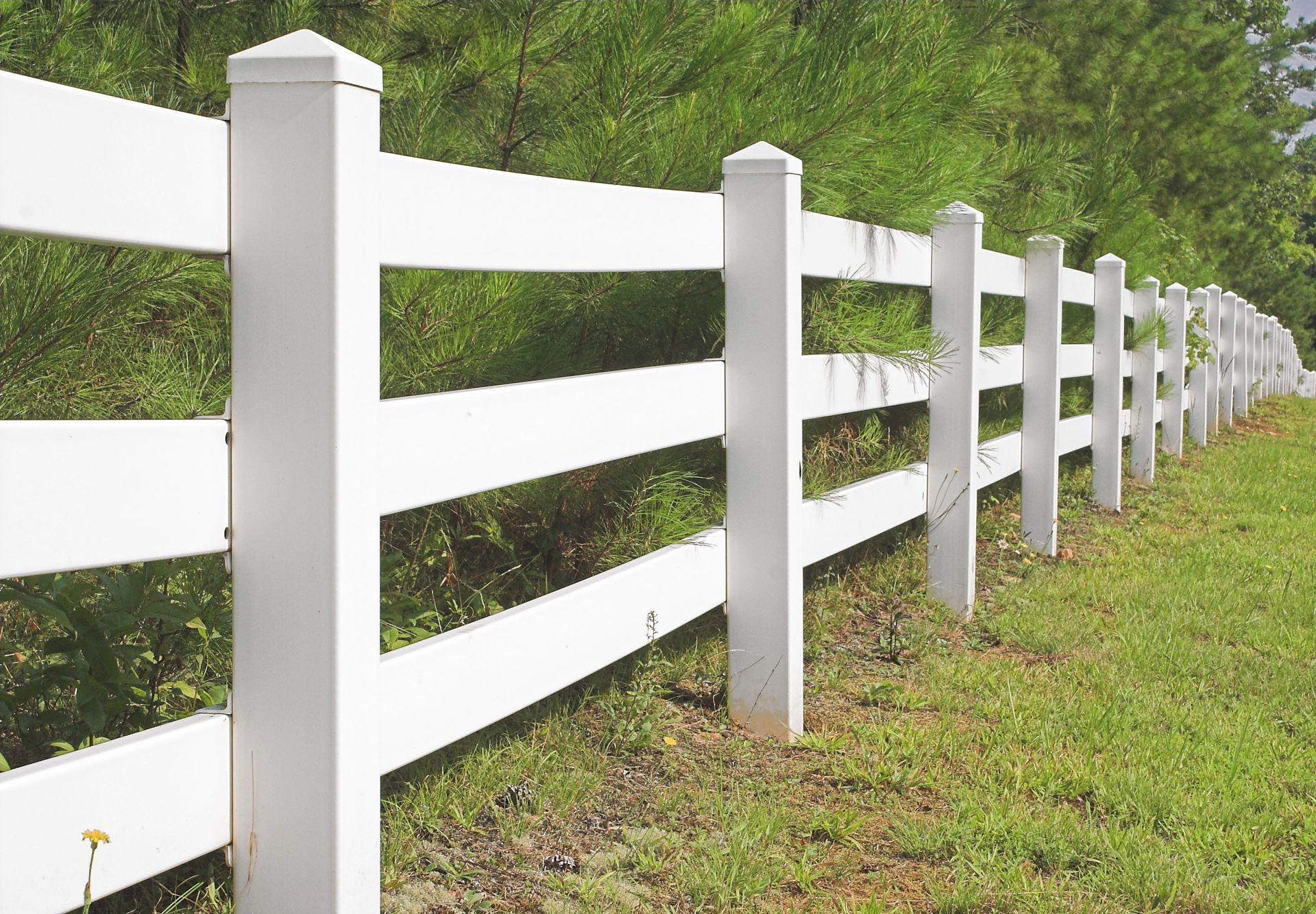July 9, 2025
In today’s increasingly noisy environment, achieving peace at home can be difficult. Whether it's the hum of traffic, neighbors chatting, or dogs barking, noise pollution affects many homeowners. A practical way to address this issue is by installing a noise-reducing fence around your property. These fences not only block unwanted noise but also improve privacy, security, and overall comfort. This article will examine the best fencing materials for reducing noise, explaining how and why they work. Many homeowners rely on reputable fence companies for expert advice when choosing and installing the perfect fence. Understanding your options will help you select the ideal fence to create a calmer, more peaceful outdoor space.
Using Wooden Fences: Creating a Natural Sound Barrier
Wooden fences are a popular choice for noise reduction due to their natural, dense structure. The mass of the wood helps to absorb sound, reducing its transmission to your yard. Additionally, wooden fences offer a classic aesthetic appeal and can be customized in height and style to meet specific needs. The U.S. Department of Agriculture highlights that fences serve multiple functions, including noise reduction and providing windbreaks, making wooden fences a versatile choice for homeowners. With proper sealing and treatment, wooden fences can also withstand harsh weather conditions and last for many years. Fence companies often recommend this option for its balance of beauty and function. Their adaptability makes them suitable for both suburban and rural environments, where privacy, durability, and noise control are essential.
Installing Solid Panel Fencing: A Durable, Sound-Reducing Option
Solid panel fencing, such as vinyl, composite, or treated wood, offers a practical and effective solution for reducing noise. These materials form continuous barriers that help absorb and deflect unwanted sound from nearby streets or neighbors. While they may not offer the same density as masonry, solid panels still provide significant noise control when properly installed and sealed. They also offer visual privacy, low maintenance, and aesthetic versatility. Many fencing companies specialise in these systems, offering professional installation for homeowners looking to enhance comfort and minimise external noise without the added cost or complexity of masonry construction.
Selecting Vinyl Fences: Offering a Low-Maintenance Acoustic Option
Vinyl fencing is another strong contender for noise reduction, offering a balance between performance and maintenance. These fences are crafted from solid panels that can reflect and absorb sound, making them an efficient choice for quieter spaces. Besides their acoustics, vinyl fences are praised for their durability and low maintenance needs, as they do not require painting and resist many types of weather damage. Fence companies frequently recommend vinyl as a practical solution for urban environments where noise control and aesthetics are priorities.
Choosing Composite Fences: Providing an Eco-Friendly, Sound-Absorbing Material
Composite fences, made from a mixture of wood and plastic, provide an eco-friendly option with excellent noise-reducing capabilities. The material's solid panels can effectively dampen noise, while its sustainable composition appeals to environmentally conscious homeowners. Furthermore, composite fences tend to be long-lasting and require less upkeep than traditional wood, combining functionality with ecological benefits. They resist rot, insects, and warping, making them ideal for various climates and reducing the need for chemical treatments. Available in a range of colors and finishes, composite fencing also offers aesthetic versatility, allowing homeowners to achieve the look they want without compromising on sustainability or performance.
Using Fences as Effective Noise Barriers and Windbreaks
According to the U.S. Department of Agriculture, fences can play an important role in reducing noise pollution and providing windbreaks for properties. By strategically placing fences, homeowners can create a barrier that lessens the impact of external sounds and shields outdoor spaces from strong winds. This dual function not only enhances comfort but also contributes to a more peaceful and protected environment. Incorporating fences as part of your landscaping plan is a practical way to improve both privacy and outdoor living conditions.
Choosing the right fencing material for noise reduction largely depends on your specific needs, budget, and aesthetic preferences. Whether you opt for the robust nature of masonry, the traditional charm of wood, or the ecological benefits of composite and green walls, each option has its strengths in minimizing noise. Fence companies can offer valuable insights based on local regulations, climate considerations, and design trends. By investing in a noise-reducing fence, you can create a quieter, more pleasant environment that enhances the quality of life in your outdoor living space. Ready to reduce noise and elevate your outdoor space? Contact BlueBird Fence Inc today for expert advice, quality materials, and professional installation tailored to your home’s unique needs.






